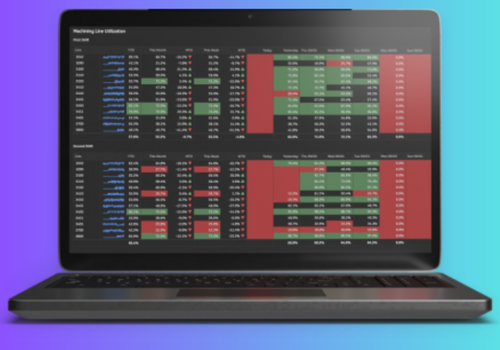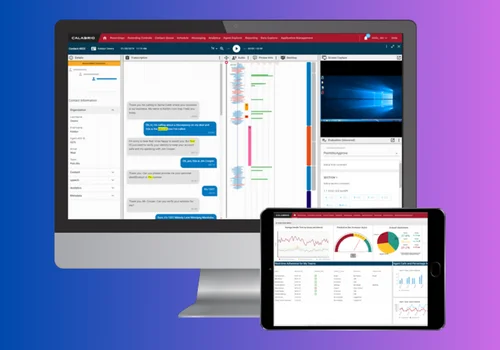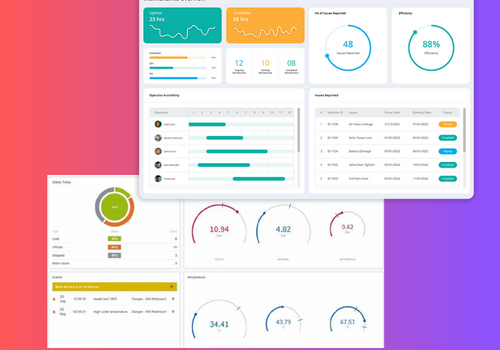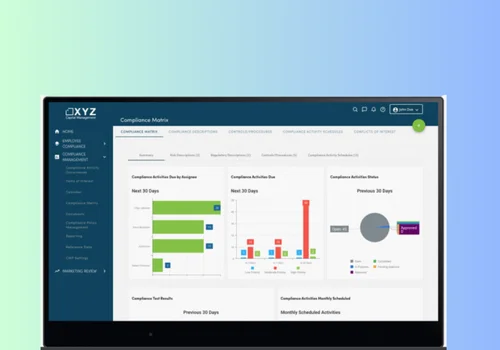Overview Of Manufacturing analytics
Manufacturing analytics revolutionizes production processes by leveraging data insights to enhance efficiency and quality control. Through real-time monitoring of machinery and supply chain operations, manufacturers can optimize resource allocation and predict maintenance needs, minimizing downtime and maximizing productivity. By harnessing the power of analytics, companies can stay ahead in today’s competitive market, driving innovation and achieving operational excellence. With its ability to provide actionable insights and drive continuous improvement, manufacturing analytics is essential for companies striving to meet the demands of Industry 4.0.






























































